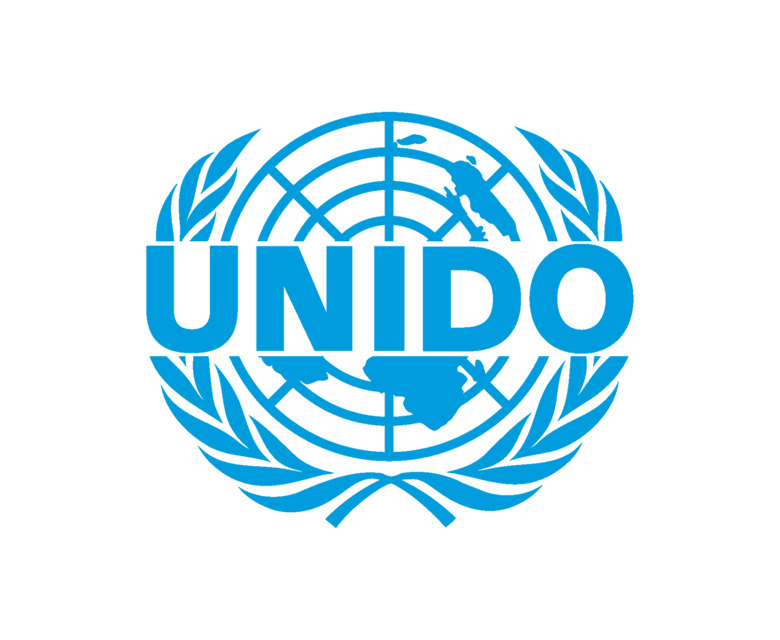
This article is published in collaboration with UNIDO.
When an out-of-use transformer spilled toxic liquid onto the ground at the Goodyear Indonesia tire plant in Bogor in 2015, management realized that a long-term solution was needed to deal with the carcinogenic polychlorinated biphenyls (PCBs) they had been storing for decades. Today, Goodyear is free of all of its PCB-contaminated material.
“Properly disposing of the PCBs once and for all cost much less than dealing with spills or even the risks of spills,” said Lydia Andalucia, environment, health, and safety manager.
Indonesia, along with most other countries in the world, signed the Stockholm Convention on Persistent Organic Pollutants to rid the world of 31 toxic chemicals, including PCBs, the use of which is now banned worldwide. However, until May 2023, Indonesia lacked the facilities to properly treat and safely dispose of the chemicals. All that changed thanks to a project by the Ministry of Environment and Forestry, supported by the UN Industrial Development Organization (UNIDO) and funded by the Global Environmental Facility, to open the country’s first plant to treat PCBs in an environmentally friendly fashion. According to UNIDO’s estimate, there are 200,000 tonnes of the chemical substance and another 600,000 tonnes of PCB-contaminated materials in Indonesia.
The PCB Waste Destruction Facility, managed by Prasadha Pamunah Limbah Industri (PPLi) in Nambo Village, some 40 kilometers south of Jakarta, has the capacity to handle 20 tonnes of liquid waste and 10 tonnes of solid waste per day. Goodyear, which had 20 tonnes to treat, was one of their first customers.
“We need to build awareness around this new capability, so that more and more companies currently storing PCBs and PCB-contaminated materials will opt for safe treatment and disposal,” said Elpido, PPLi’s director of safety, health, environment, and quality.
Due to their favorable properties, PCBs were used in a wide range of applications, most importantly as insulating fluids in transformers, but were also used in paints, sealants, and carbon paper. However, PCBs can cause serious health effects in people and animals, including reproductive impairment and immune system dysfunctions. Once in the environment, PCBs enter the food chain. More than 90% of human exposure to PCBs is through food.
The production and new use of PCBs are banned, and parties to the Stockholm Convention must eliminate the use of PCBs in equipment by 2025 and ensure the environmentally sound waste management of liquids containing PCBs and equipment contaminated with PCB by 2028.
Treating PCBs
Treatment is a painstaking process. First, experts need to carefully drain the oil from the transformers. They then dismantle the metal pieces and use a special solvent to decontaminate them. After this process, the metal parts can be recycled or disposed of like ordinary metal waste, while the oil and other liquid generated needs to be treated, so that—once free of PCBs—the metal can be reused or incinerated. The PCBs are neutralized in a sludge and can be either put into landfills or burnt in high-thermal incinerators.
While Indonesia had been eliminating PCBs through incineration as early as 1996, the burning of the substance was prohibited in 2012. This means that between 2012 and May 2023, the country lacked any means of getting rid of the substances.
UNIDO promotes the use of non-combustion methods for PCB destruction, as recommended by the Stockholm Convention. The alternative method, using technology installed with the technical support of UNIDO in 26 countries, including Indonesia, is environmentally sound as it neither emits carbon dioxide nor the toxic gases, dioxin and furan.
So far, the plant has treated around 80 tonnes of PCBs—below its capacity, said PPLi’s Elpido.
Utilities as well as companies in the mining, petrochemical, and oil and gas sectors—which require high voltage for manufacturing processes and therefore transformers—store most of the country’s PCBs. PPLi experts are in discussion with many of them, including national electricity company PLN, to develop a roadmap and a timeline for the delivery of PCBs and PCB-contaminated materials and then treating them.
“Indonesia is a pioneer in this area in the Asia–Pacific region,” said Elpido. “Now with a facility in place, compliance with the deadlines set in the convention requires advocacy and enforcement.”
As for Goodyear, it is happy to get the PCB problem off its mind and the toxic substance off the premises. “We are helping the environment, and people’s health as well as the company’s bottom line in the long run by not having to store and manage such dangerous product,” Andalucia said.
This article was contributed by United Nations Industrial Development Organization and was first published by United Nations Indonesia.


